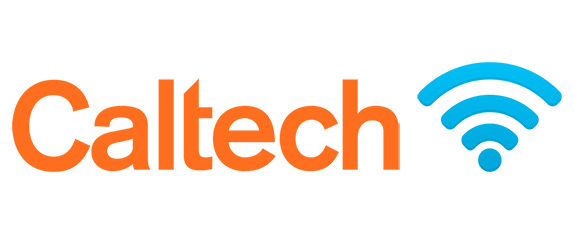
Apple and Broadcom have been ordered to pay the California Institute of Technology a fine of $1.1 billion for infringing on Caltech's patents related to WiFi transmissions, reports Bloomberg.
Apple has been ordered to pay $838 million, while Broadcom has been ordered to pay $270 million, but Apple plans to file an appeal.

Caltech in 2016 filed a lawsuit against Broadcom and Apple, claiming that the two companies infringed on a series of patents granted between 2006 and 2012. The patents in question relate to IRA/LDPC codes that use simpler encoding and decoding circuity for improved data transmission rates and performance, with the technologies used in the 802.11n and 802.11ac Wi-Fi standards supported by many Apple products.
At the time, Caltech said that Apple was infringing on four of its patents with the iPhone, iPad, iPod touch, Mac, Apple TV, Airport routers, and Apple Watch. Caltech demanded a jury trial and preliminary and permanent injunctions in the U.S. against Apple products using its technology. A jury today ruled that Apple and Broadcom violated three of the four patents.
Apple and Broadcom denied infringing on the patents and even filed counterclaims against Caltech, urging the court to invalidate the patents in question.
Apple claimed that because Caltech didn't file the lawsuit until 2016, six years after the 802.11n wireless standard was published, the time limit to collect damages had expired. Apple also argued that Caltech does not make, use, or sell products that practice the claims in the asserted patents.
Article Link: Apple Ordered to Pay Caltech $838 Million for Infringing on WiFi Patents

